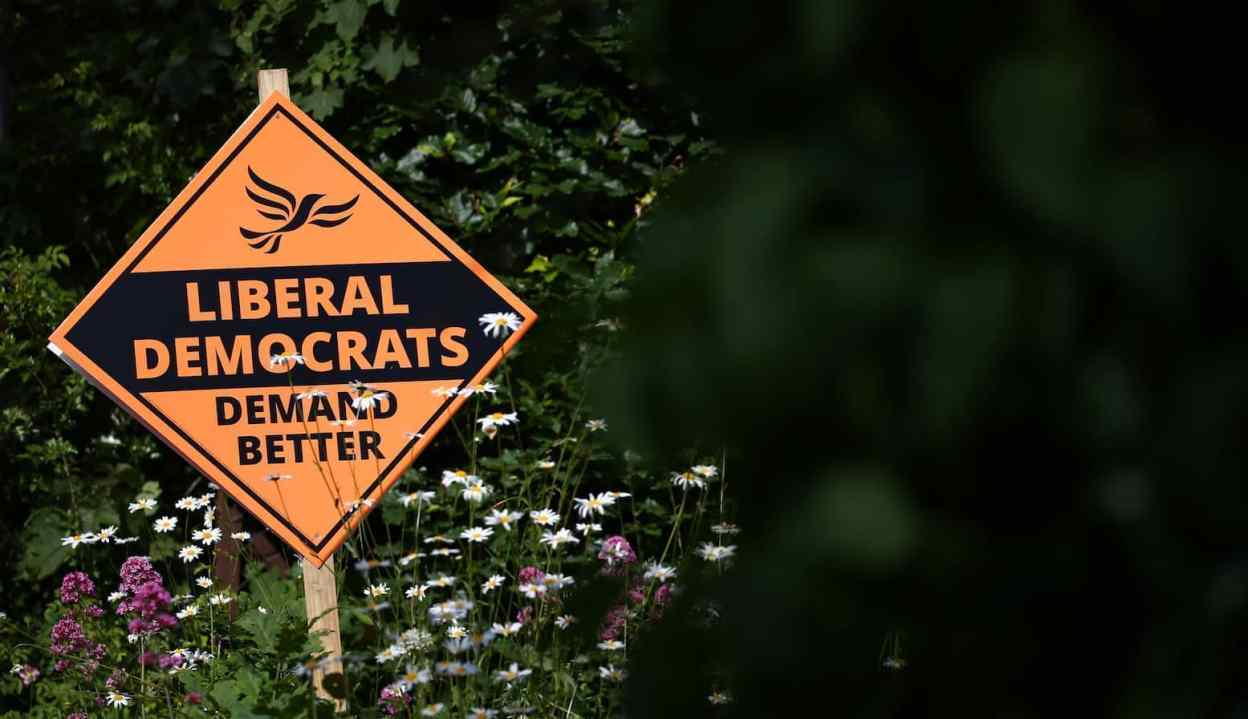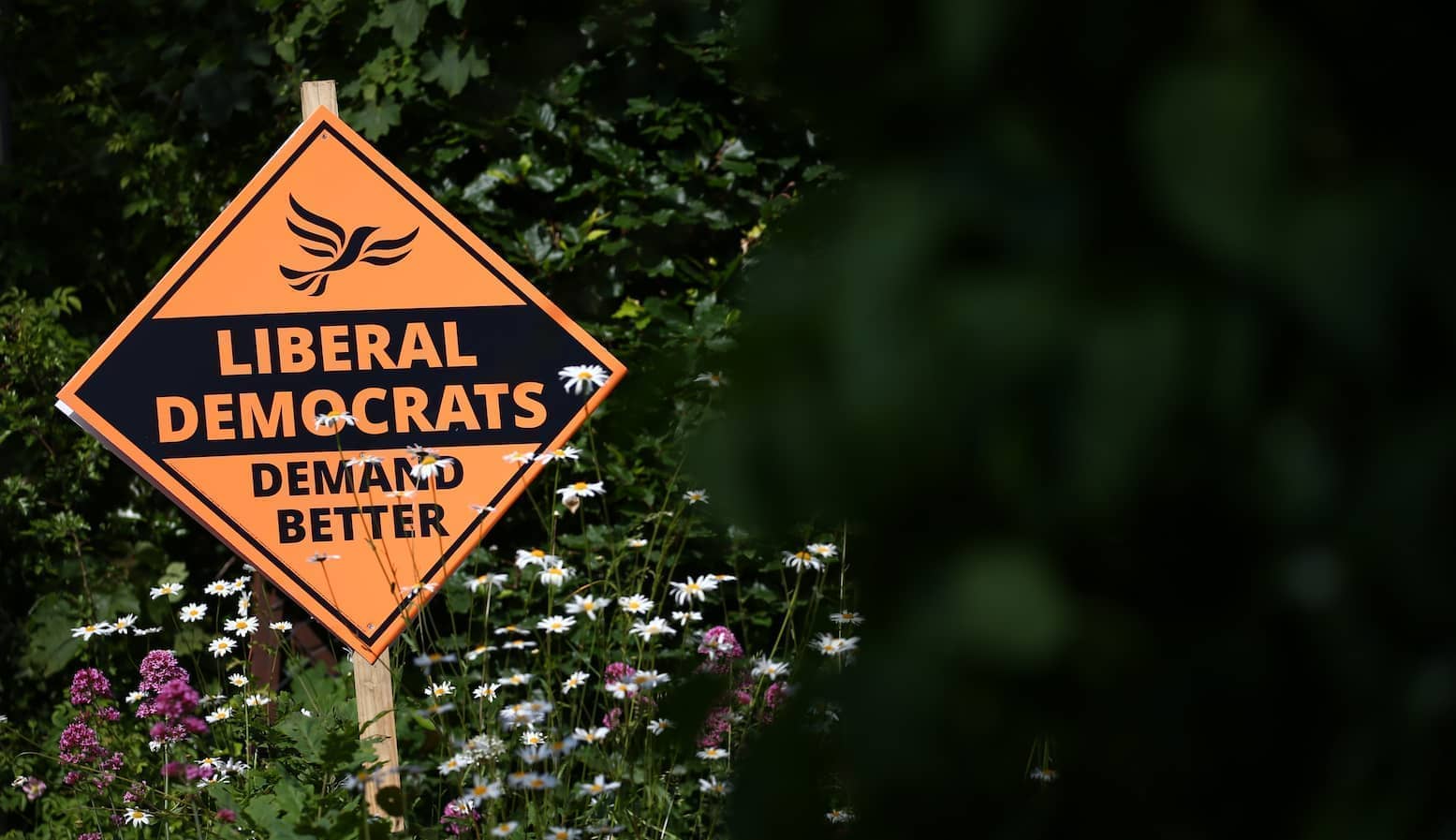The narrative around the 2022 local elections looks something like this at present: Labour is strengthening their vote share in London, even taking former Tory citadels like Wandsworth and Westminster. Yet they are doing less well outside of the capital, where there is growth from the Corbyn era but it’s looking much smaller than they had hoped. If similar dynamics continue, the next general election is going to be close, probably hung parliament territory.
This makes the Lib Dem performance interesting. If the next general election is as close as today’s result, then a few seats here and there can make all of the difference to who gets to be Prime Minister. Crucially, the Tories need a majority while Labour does not. This is because they can run a minority government with the assumption that the SNP and Lib Dems will not bring them down unless it’s over something big.
What emerged from last night is how much Brexit continues to define British politics
At the time of writing, the Lib Dems have net gained more seats across England than any other party. They have snatched Kingston-Upon-Hull from Labour and held Eastleigh, the parliamentary seat which returned a Lib Dem from 1994 until 2015 but has since turned into a reasonably safe Tory constituency. One has to wonder now whether that is about to change. The Lib Dems are eating into the Conservative ‘Blue Wall’, slowly but surely, meaning CCHQ needs to worry a little. If the Liberal Democrats were able to take even ten seats off the Tories at the next general election, it could decide who inhabits No. 10.
And yet, the victory in Hull aptly demonstrates a larger problem. Yellow on red battles run against the grain of the ‘progressive alliance’ narrative. What might save the Tories at the next election would be if Labour and the Lib Dems end up fighting with each other in enough places to split the vote.
What many on the centre-left see as the solution to all of this is a formal electoral pact between the two parties. But while this would make practical sense in that it would iron out the problems on the ground between non-Tory parties, it would be politically toxic. The Conservatives would be able to run on the idea that the other parties are trying to ‘stitch the election up’, helping to turn out what may be an otherwise undermotivated voting base. It doesn’t matter that the Tories and the Brexit party did something similar in 2019 – it would give off the scent that Labour doesn’t feel strong enough to win. Rainbow coalitions sound great if you’re a self-identifying progressive in a major city but are an anathema to vast swathes of the rest of the country.
Without a formal pact, the chances of collision between Labour and Lib Dems are reasonably high – as Hull has just demonstrated. There is no solution to this quandary other than being as pragmatic as possible while avoiding formal pacts; Labour and Liberal Democrats each put their resources where they see fit, avoiding as much confrontation as they possibly can and hoping for the best.
This might work. It’s clear that the Lib Dems’ delusions of grandeur in past elections are a thing of the past – they are obviously targeting a small range of seats, maybe 30 or so, which is the right thing for them to be doing. By focusing all of their firepower on a host of winnable seats, they have a good shot at winning enough to cause the Tories problems.
Beyond the Labour vs Lib Dem issue, what emerged from last night is how much Brexit continues to define British politics. For now, this slightly advantages the Tories in that the Leave vote is more favourably distributed from a first past the post perspective; there are more Leave seats than Remain seats. The Tories can afford to bleed a few votes over partygate or the cost of living crisis before it becomes truly dangerous for them. That dynamic is moving against them constantly, but for now, this does help the Conservatives. As does the fact that the non-Tory vote is split in all sorts of different ways, with no obvious solution to this problem.
The Lib Dems had a good night. Whether this translates into something bigger is difficult to tell. I wouldn’t count on a full-blown resurgence at the next general election but I wouldn’t count them out either. Last night demonstrated that if everything falls right, they could end up deciding who forms the next government, just as they did in 2010.








Comments